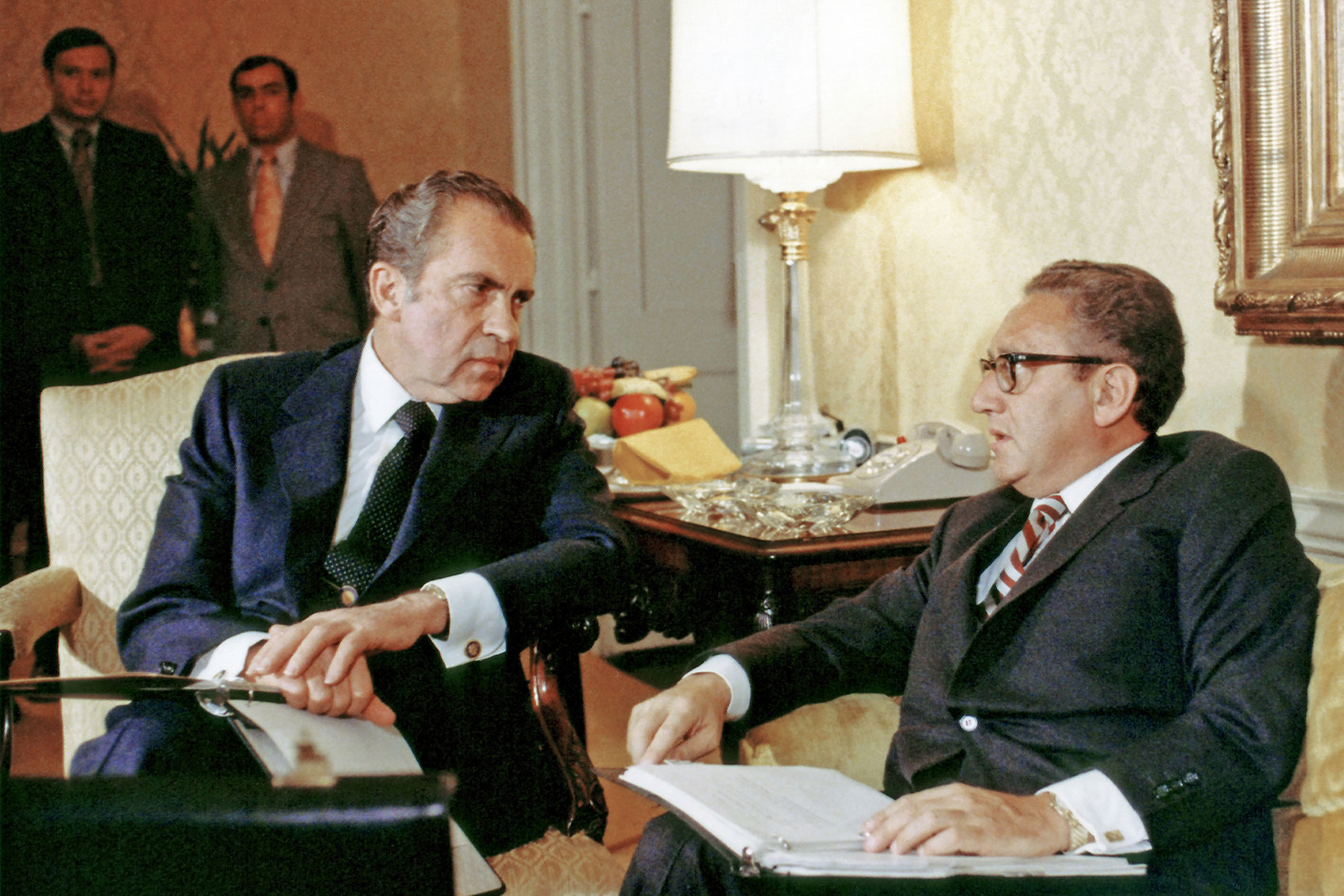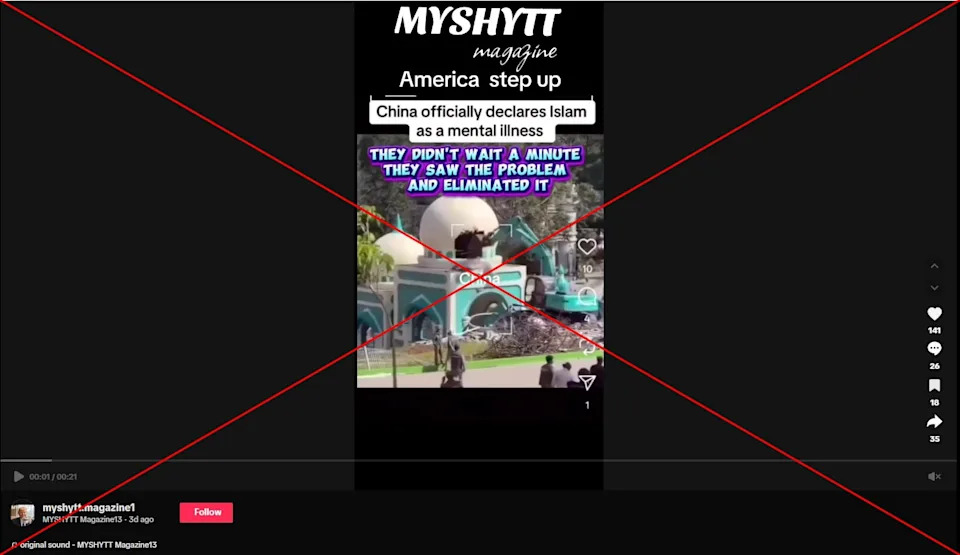A new documentary titled American Experience: Kissinger aired on October 27, 2023, revisiting the complex legacy of former U.S. Secretary of State Henry Kissinger. While the film aims to provide an overview of Kissinger’s influential role during the Nixon administration, it has drawn criticism for glossing over some of the more controversial aspects of his foreign policy decisions.
The documentary presents Kissinger in a nostalgic light, recalling significant moments such as “ping-pong diplomacy” and the opening of relations with Communist China. It features familiar television clips from the era, which may evoke a sense of nostalgia for those who remember Kissinger’s impact on American foreign policy during their formative years. For many viewers, particularly those who lived through the late 20th century, the film mirrors their recollections of a time filled with geopolitical excitement and tension.
Yet, critics argue that the documentary fails to adequately address the darker consequences of Kissinger’s policies, particularly in relation to the Vietnam War. The film highlights Kissinger’s assertion that ending the war was a principal goal, but it does not fully explore the political motivations behind the timing of U.S. military withdrawal. Notably, Kissinger recommended delaying the withdrawal to avoid a collapse of the South Vietnamese government before the 1972 presidential election, according to conversations captured in Nixon’s White House tapes.
Despite the documentary’s potential to delve deeper into this critical historical context, it largely recycles well-known anecdotes and perspectives without offering new insights. Viewers expecting to hear from primary sources or witness profound revelations may find themselves disappointed. Over an hour passes before the film incorporates any Nixon tape, and even then, it focuses on trivial comments rather than significant policy discussions.
The documentary leans heavily on commentary from Niall Ferguson, Kissinger’s authorized biographer, who provides a series of sound bites throughout the film. However, critics point out that Ferguson’s analysis lacks clarity on Kissinger’s strategies regarding Vietnam. Ferguson suggests that Kissinger was either focused on the long-term survival of South Vietnam or merely on creating a “decent interval” to shield Nixon from political fallout.
While the documentary offers some acknowledgment of the humanitarian crises resulting from Kissinger’s policies, such as those in Cambodia and Bangladesh, it does not effectively connect these events to the broader implications of realpolitik. The film’s use of animation to depict protests and foreign policy decisions has been described as trivializing the serious nature of these events.
The failure to engage deeply with the Nixon tapes and the historical record has led some experts to label the documentary as a missed opportunity. Scholars from institutions like the University of Virginia have extensively researched these tapes, which reveal the motivations behind Nixon and Kissinger’s decisions, including their prioritization of political survival over humanitarian concerns.
In one notable instance, Kissinger is quoted discussing the potential collapse of Saigon in relation to the election cycle, illustrating a troubling prioritization of political expediency over the lives of individuals affected by the war. Critics argue that this critical perspective is inadequately represented in the documentary, which often leaves viewers to infer the gravity of these decisions without providing substantial evidence or context.
In conclusion, while American Experience: Kissinger offers a retrospective on a pivotal figure in U.S. history, it has sparked debates about the portrayal of Kissinger’s legacy. The film’s nostalgic approach, combined with its lack of critical exploration of the consequences of realpolitik, raises important questions about how history is remembered and who gets to shape that narrative. As discussions continue, the documentary serves as a reminder of the complexities surrounding one of the most controversial figures in American foreign policy.






